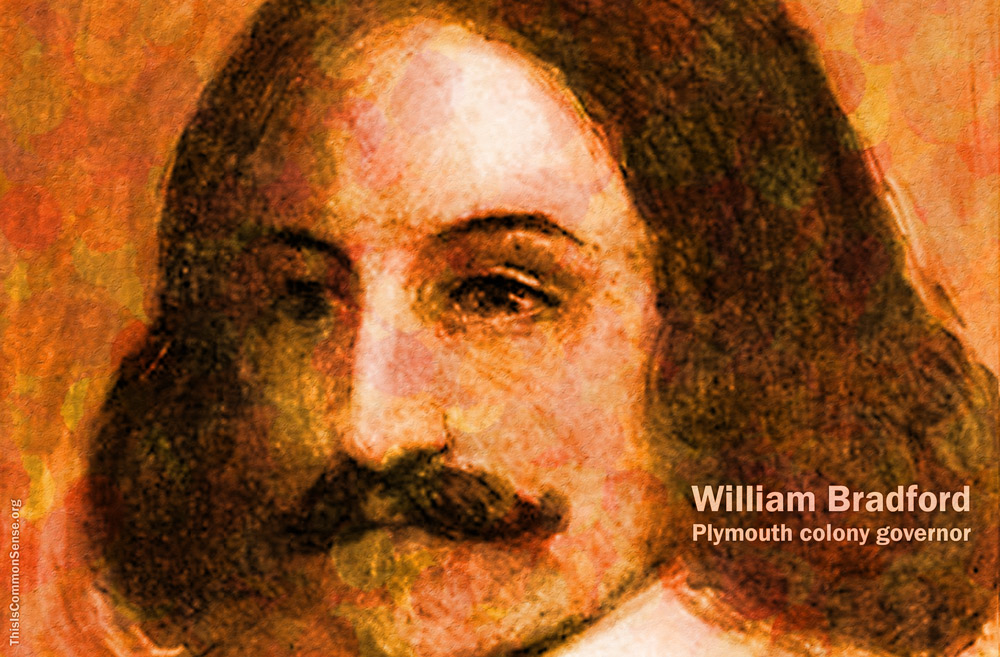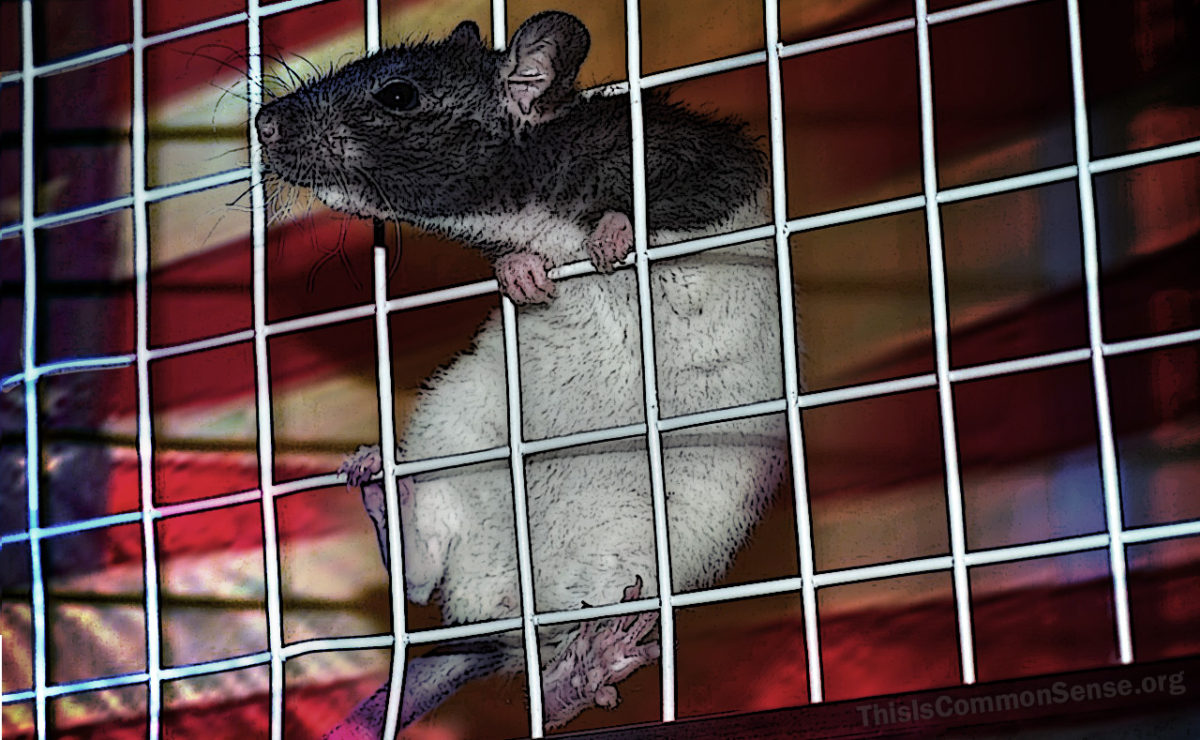“Why would I be monitored?” Chinese tennis star Peng Shuai queried a reporter last Sunday. “I’ve always been very free.”
Yet governments the world over do certainly spy on citizens, and nowhere more virulently than in China, or with less accountability.
As for being “free,” or “very free,” that’s the real issue, the very reason those who love tennis along with all who love freedom — and life itself — have been so worried about Peng.
She’s not free. Not even close. Nor are 1.4 billion others living under Chinazi rule.
It’s a big problem.
To recap the story from last month: On November 2, Peng posted a statement on her official Weibo page, her country’s state-monitored-and-censored equivalent of Facebook* (which is banned there). According to The Washington Post, she “claimed that former vice minister Zhang Gaoli had pressured her into having sex with him.”
That’s a scandal — and possibly a crime.
Followed by another crime: Her post was removed. She was silenced. And then Grand Slam doubles tennis champion Peng Shuai was summarily erased from the Chinese Internet.
Gone. Disappeared. Nary a trace.
As weeks passed with neither sight nor sound of Peng, the Women’s Tennis Association (WTA) started to raise the alarm, threatening to withdraw from their quite lucrative activities in China if her safety could not be guaranteed.
That’s when Chinese media clumsily hyped an email wherein Peng supposedly said she was peachy-keen. Then the International Olympic Committee, on the CCP’s payroll, held a staged video call with her without bothering to even inquire about her allegations. Followed by a second silly call.
Now the update: last weekend, Peng appeared in a supposedly impromptu interview, telling a pro-Beijing newspaper in Singapore, “I have never said or written that anyone has sexually assaulted me.”
But more than her original allegation, which remains unproven and uninvestigated, it is the totalitarian treatment of this one professional tennis player post-allegation that has caught the world’s attention. Perhaps Peng’s plight is easier to get one’s head around than two million Uighurs in concentration camps or China’s organ harvesting exploits.
None of it will apparently lead to an Olympic boycott by the U.S.
Still, the WTA, to its enormous honor, has stuck to its guns, forfeiting millions in revenue by canceling all events in China and making clear that “these appearances [by Peng] do not alleviate or address the WTA’s significant concerns about her well-being and ability to communicate without censorship or coercion.”
Because Peng Shuai is not very free. Or safe.
This is Common Sense. I’m Paul Jacob.
* Of course, Facebook is a U.S. Government-encouraged corporate censor. That’s terrible, as regularly noted on these pages, but not nearly as suffocating and brutal as the CCP’s system.
—
See all recent commentary
(simplified and organized)





